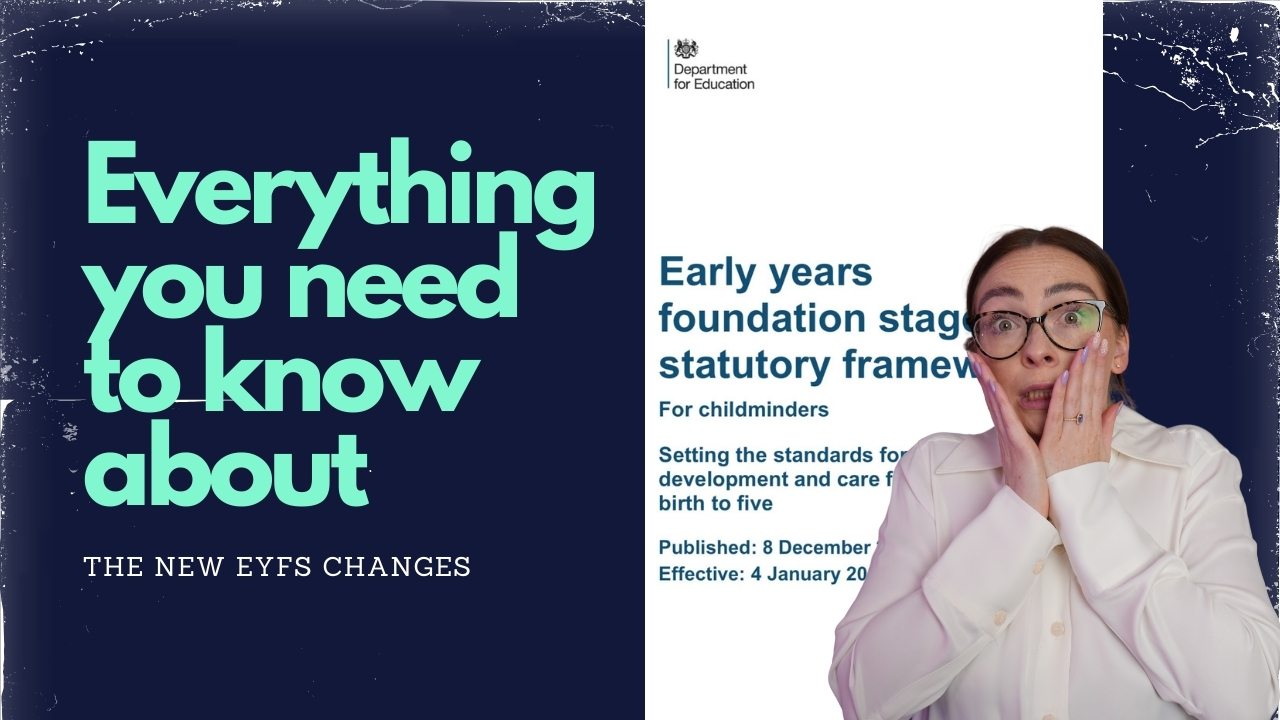
Weekly Show #8: The Episode All About The New EYFS Changes
As everyone in the world of early years finishes up packing away the Christmas decorations and adjusting back to some sort of routine, we thought we'd check in on how everyone's adjusting to the latest EYFS changes.
With several 'low key' but significant and impactful amendments to the EYFS coming into play as of last week (the 4th Jan 2023) it's crucial everyone within the industry is up to date and has a plan of action to swiftly tick the boxes necessary to comply with the changes.
Within this podcast Ben & Emily briefly overview the changes and discuss the impact and purpose behind the amendments. So if you're searching for clarification or confused about what's really changed make sure to check this episode of the 'Little Minds, Big Ideas' podcast, and make sure to let us know what you think of these latest changes!
If you’ve enjoyed this podcast then make sure to check out www.theearlyyearsnetwork.co.uk for more educational content and access to our training and development platform 📱
Summary of changes for childminders, since the previous issued framework.
Childminders must:
- be aware that further information has been provided in the framework on safeguarding responsibilities when childminders are working in a group, including a change on child protection language (Section 3, Safeguarding policies and procedures)
- ensure the safeguarding policies and procedures at a setting include all electronic devices with imaging and sharing capabilities, not just mobile phones and cameras (Section 3, Safeguarding policies and procedures). As technology changes, you should consider a wider range of devices in your policies, for example smart watches.
Childminders may wish to consider applying the following flexibilities, if appropriate:
- you will no longer be required to complete training on the EYFS prior to registration, however childminders will still need to demonstrate that they have the required knowledge of the EYFS at their pre-registration visit (Section 3, Safeguarding training)
- where judged appropriate by a childminder, childminding assistants can now fulfil the role of a key person for children (Section 3, Key person)
- childminders with open plan kitchen-living areas can now utilise safely useable areas within this room for their provision (Section 3, Indoor space requirements)
- childminders may provide opportunities for children to develop and use their home language in play and learning, previously this requirement stated this ‘must’ be done (Section 1, English as an Additional Language)
Childminders should also be aware that the following updates have been made to the EYFS:
- the language has been changed to clarify that physical evidence does not need to be collected for assessments (Section 2, Assessment)
- the Early Learning Goals (ELGs) have been moved from the childminder EYFS to an annex, as childminders do not usually need to use these (Annex C, Early Learning Goals)
- the section on assessment in the childminder framework has been significantly amended including removing information on the Reception Baseline Assessment which childminders never undertake (Section 2, Assessment at the end of the EYFS – the Early Years Foundation Stage Profile (EYFSP)
- the wording has been changed on ‘suitable person’ to clarify that it is the responsibility of the childminder agency (CMA) or Ofsted to carry out suitability checks on behalf of the childminder (Section 3, Suitable people)
- the wording has been changed on ‘confidential areas’ so rather than having a permanent area available, a suitable area is made available on request (Section 3, Organising premises for confidentiality and safeguarding)
- the requirement for childminders to display a paediatric first aid (PFA) certificate has been removed, instead these are available on request (Section 3, Paediatric first aid)
- a physical copy of the certificate of registration is no longer required to be displayed, a digital version can be used instead (Section 3, Information about the childminder)
Summary of changes for group and school-based providers, since the previous issued framework.
Group and school-based settings must:
- ensure setting managers appointed on or after 4 January 2024 hold a level 2 maths qualification, or they achieve one within 2 years of starting in the position (Section 3, Staff:child ratios)
- ensure your setting’s safeguarding policies and procedures include all electronic devices with imaging and sharing capabilities, not just mobile phones and cameras (Section 3, Safeguarding policies and procedures)
- ensure all level 2 and level 3 staff members hold a valid paediatric first aid (PFA) certificate, otherwise they cannot be included in ratio (Section 3, Paediatric first aid)
Group and school-based settings may wish to consider applying the following flexibilities, if appropriate:
- level 3 practitioners in group and school-based settings will no longer be required to hold a level 2 maths qualification to count within staff:child ratios (Section 3, Staff:child ratios)
- a manager in group and school-based settings can now allow students and apprentices to count in staff:child ratios at the level below their level of study, if the manager is satisfied that they are competent and responsible (Section 3, Staff:child ratios)
- settings may provide opportunities for children to develop and use their home language in play and learning, previously this requirement stated this ‘must’ be done (Section 1, English as an Additional Language)
Group and school-based settings should also be aware that the following updates have been made to the EYFS:
- there is a new statutory document on early years qualification requirements and standards
- the language has been changed to clarify that physical evidence does not need to be collected for assessments (Section 2, Assessment)
- a clarification made that while qualifications must be verified, employees do not have to provide physical copies of their qualifications (Section 3, Suitable people)
- a clarification made on the wording on the validity of paediatric first aid (PFA) certificates (Section 3, Paediatric first aid)
For more information visit the Government Website via https://www.gov.uk/government/...

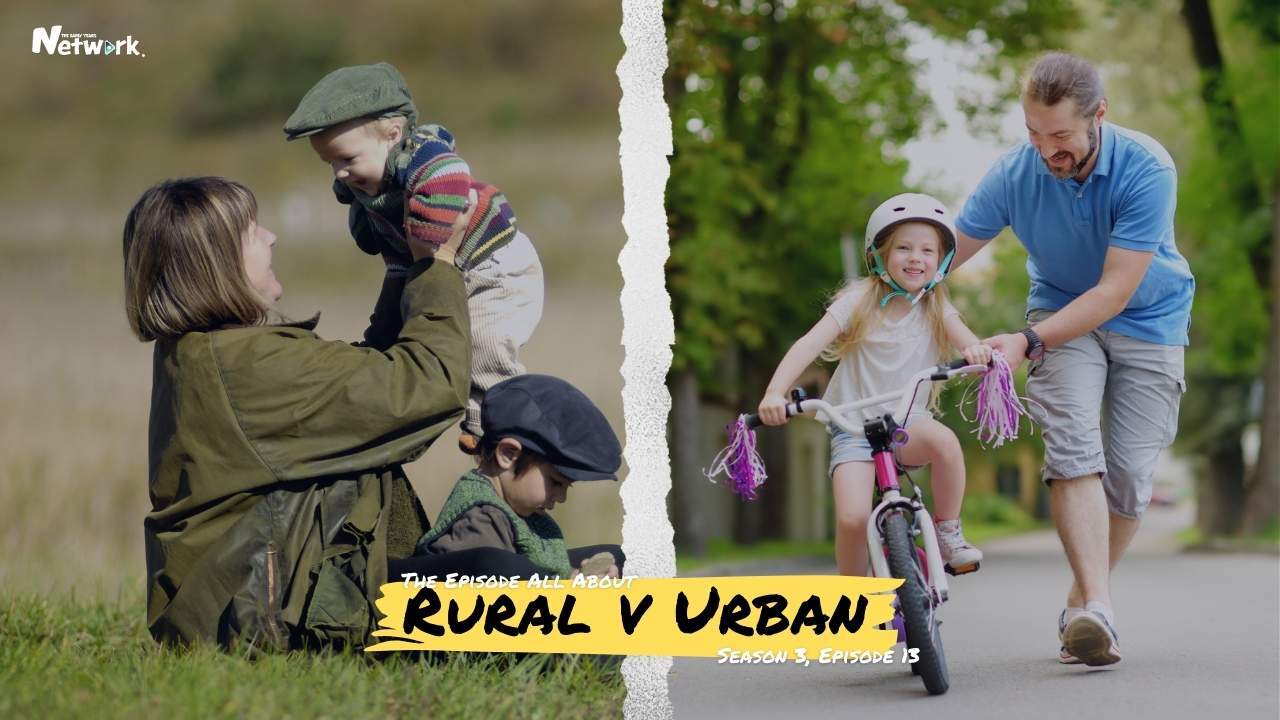

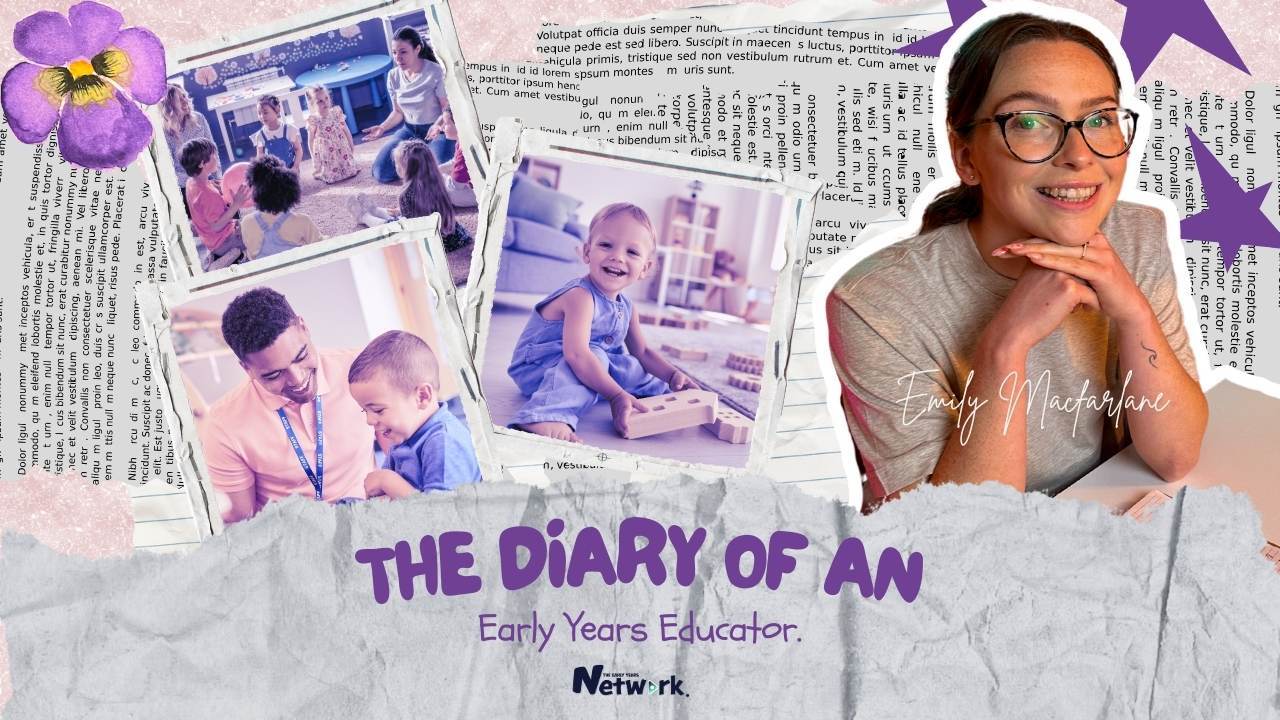

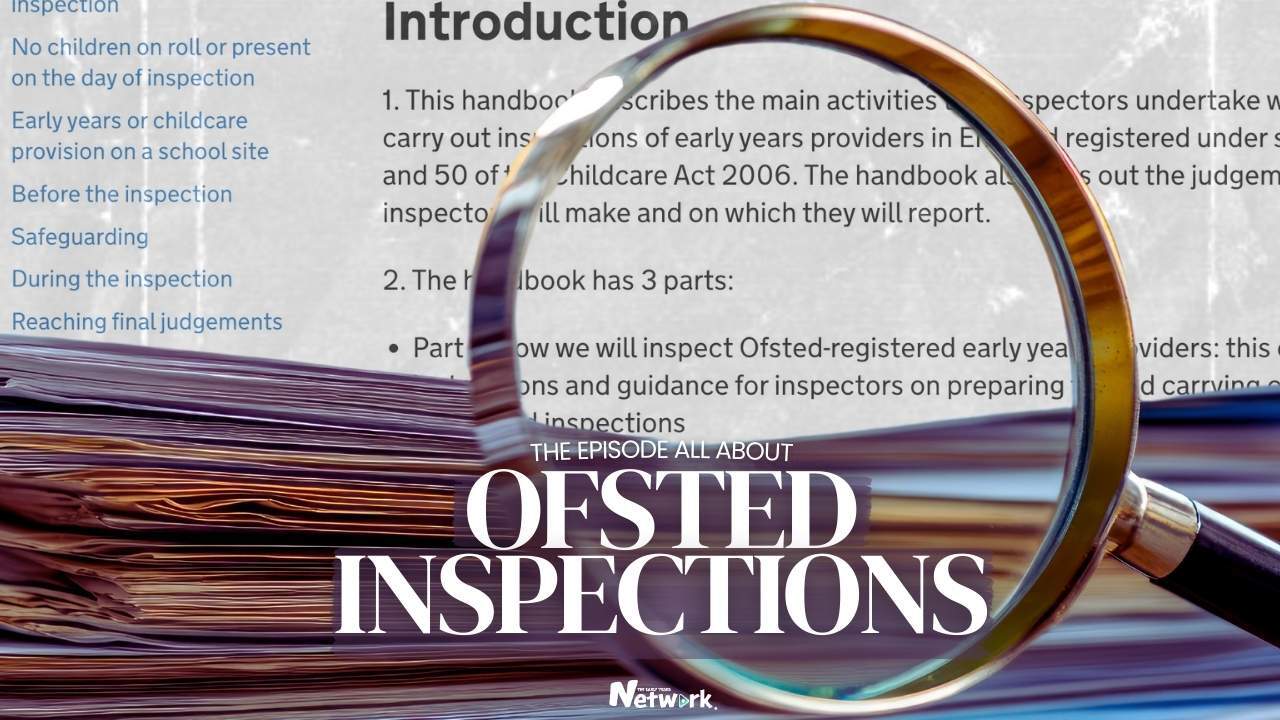
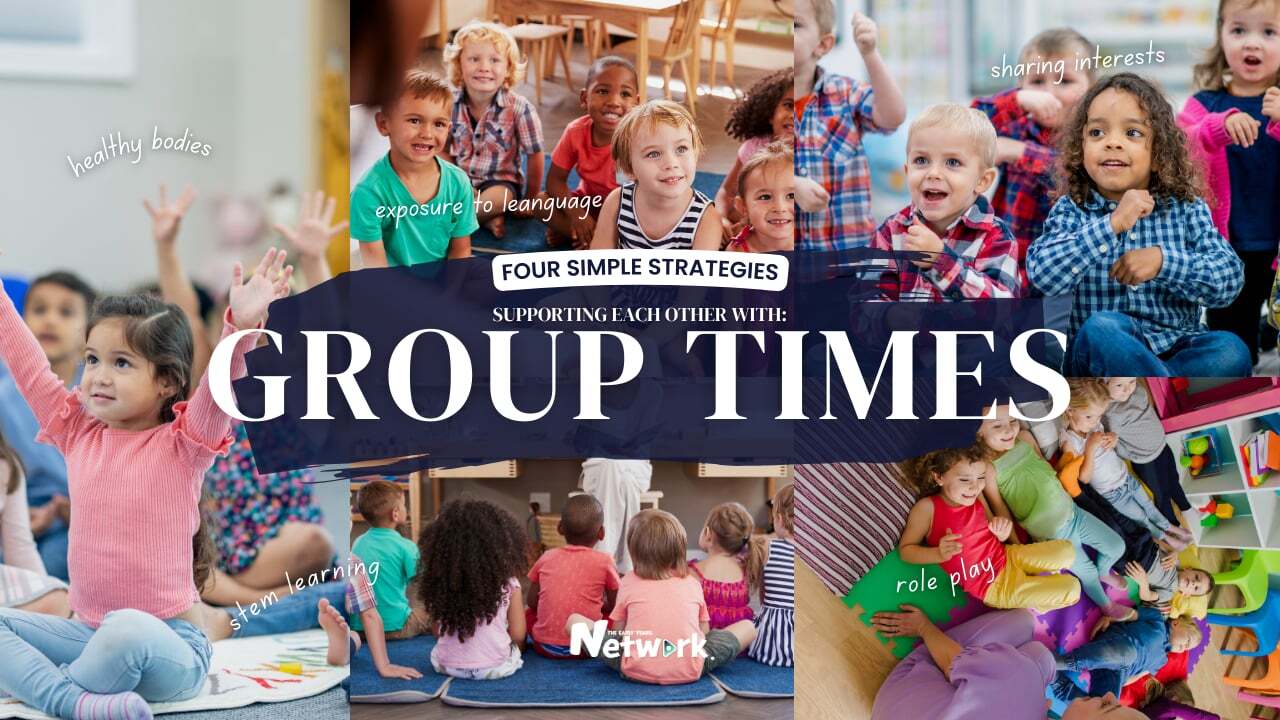
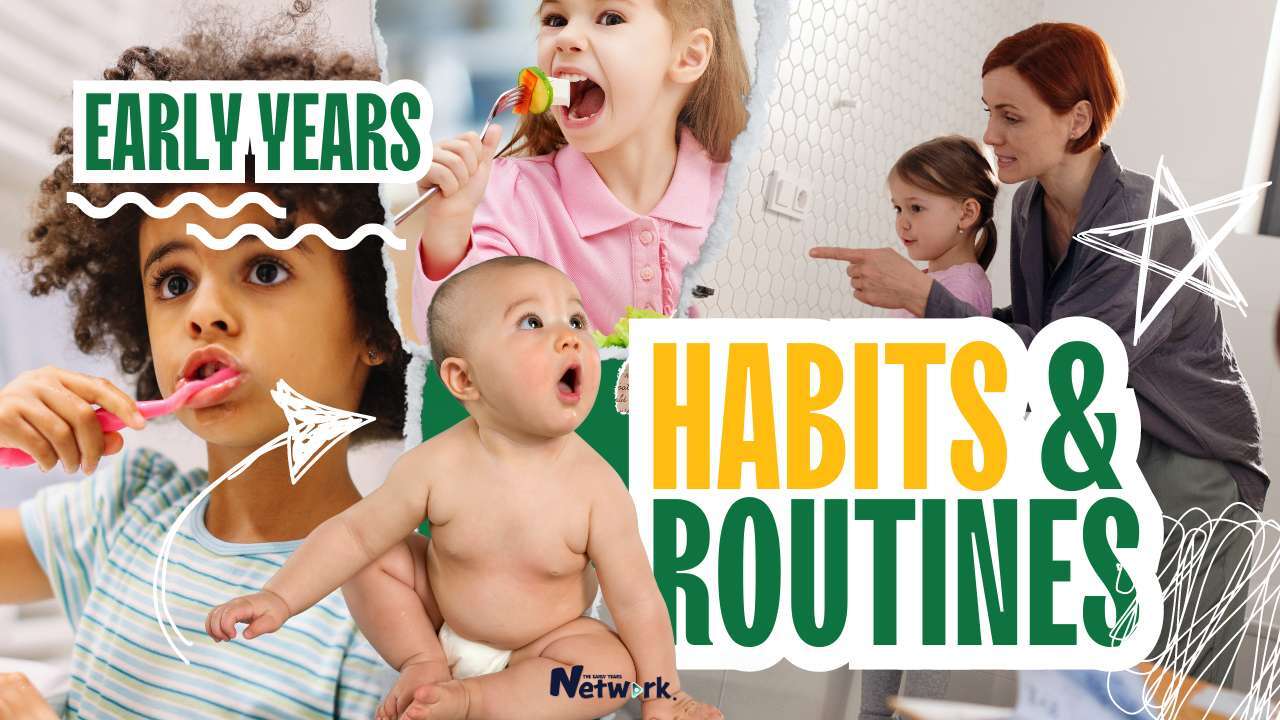

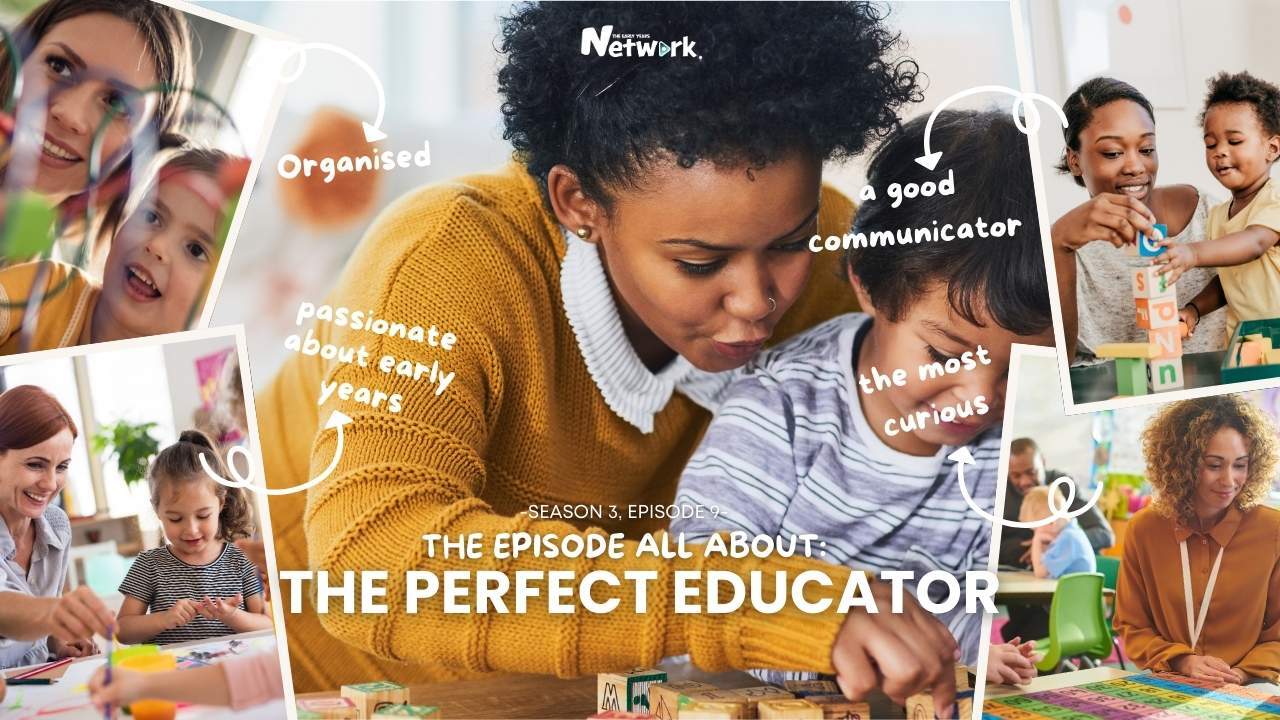
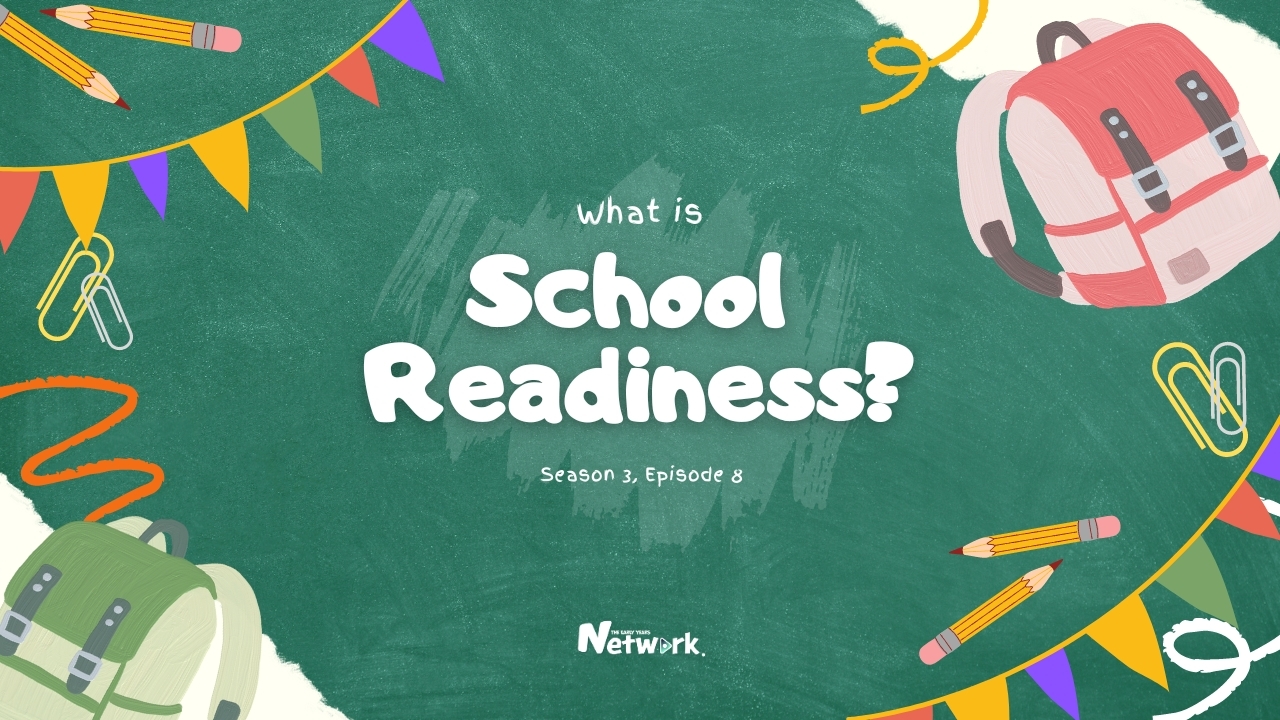
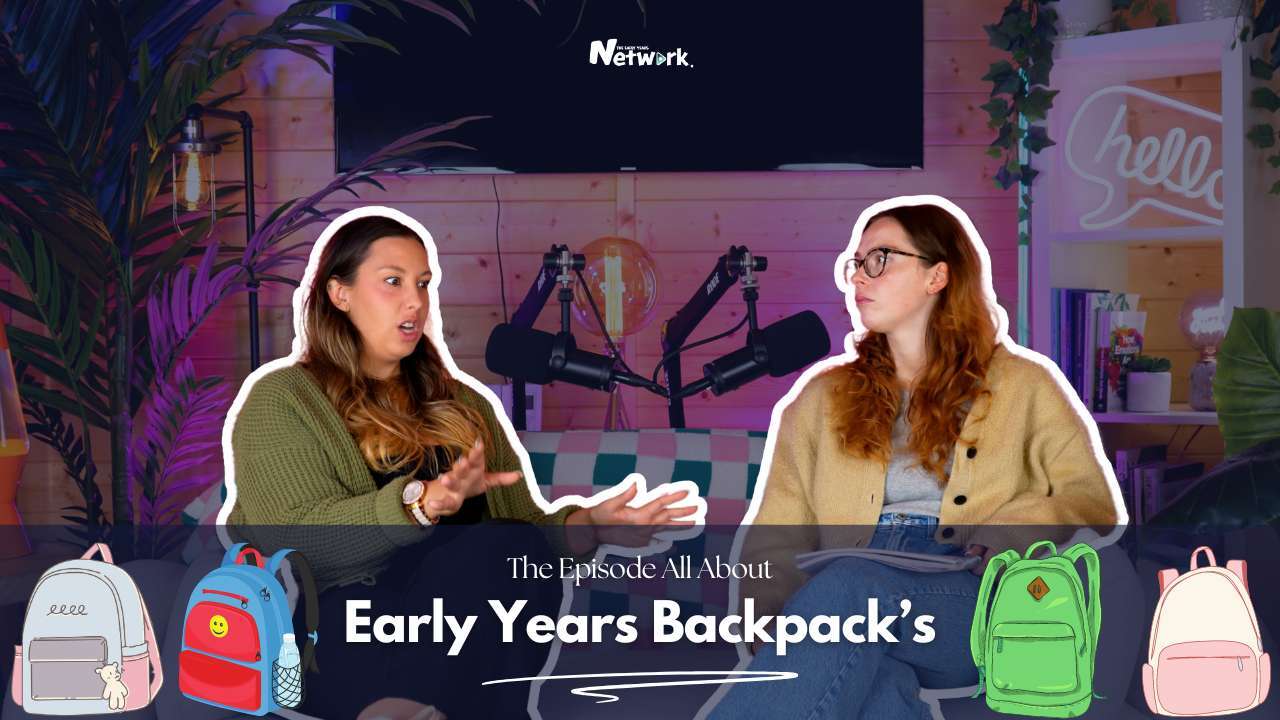


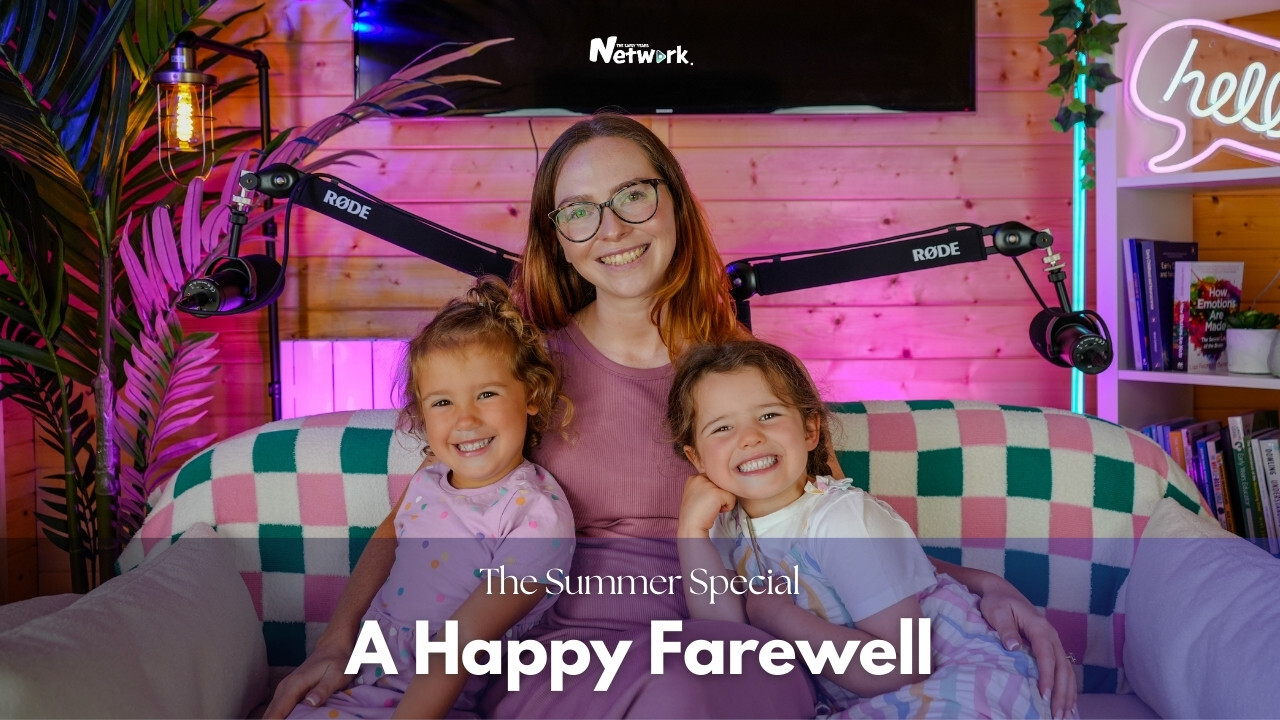



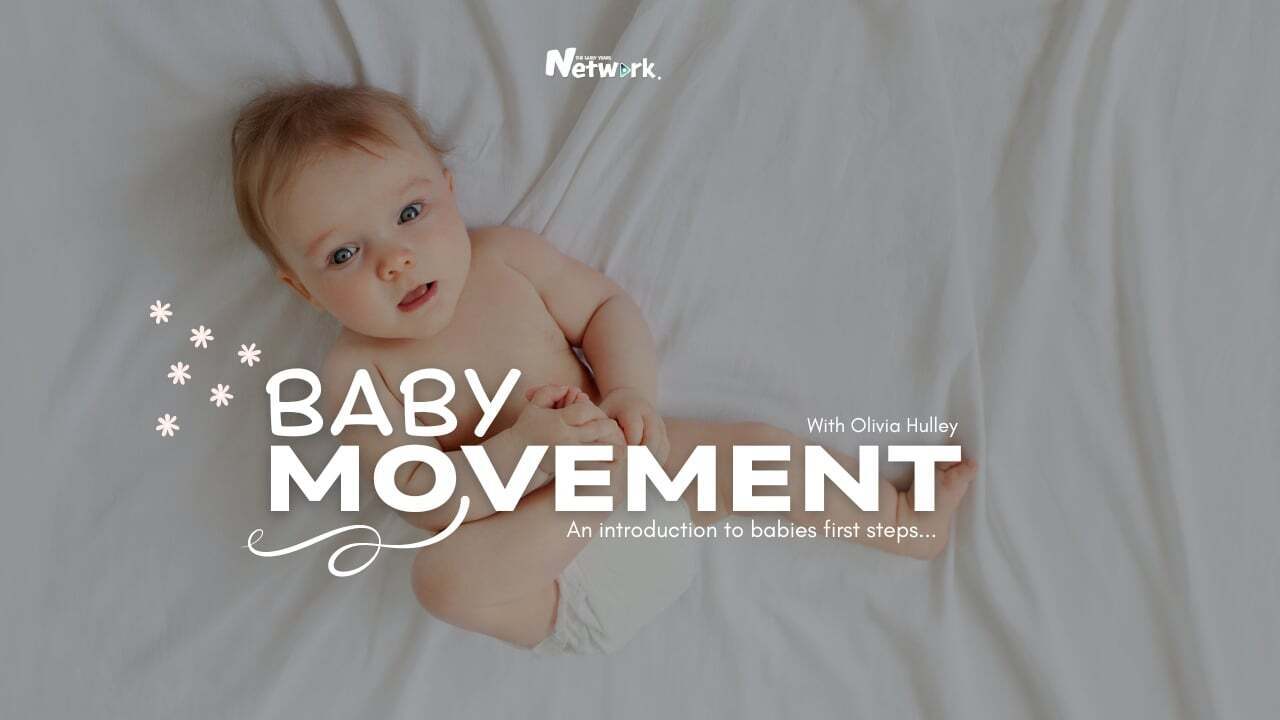
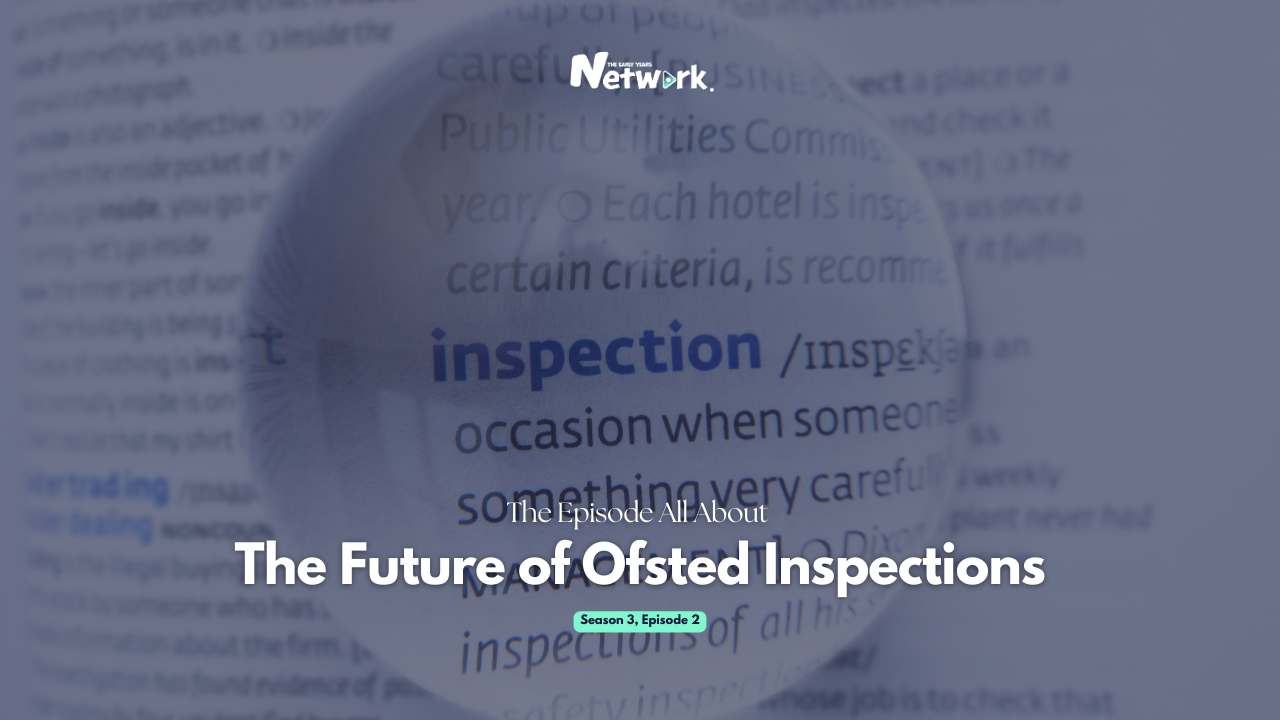
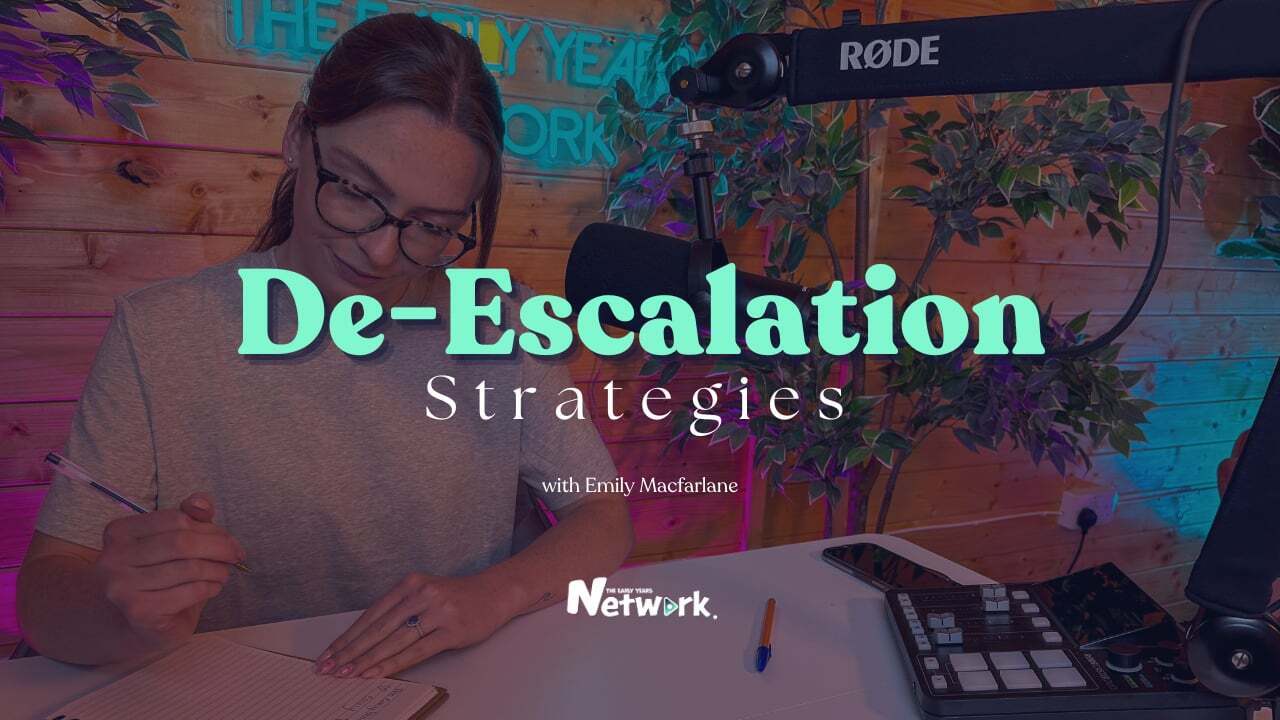
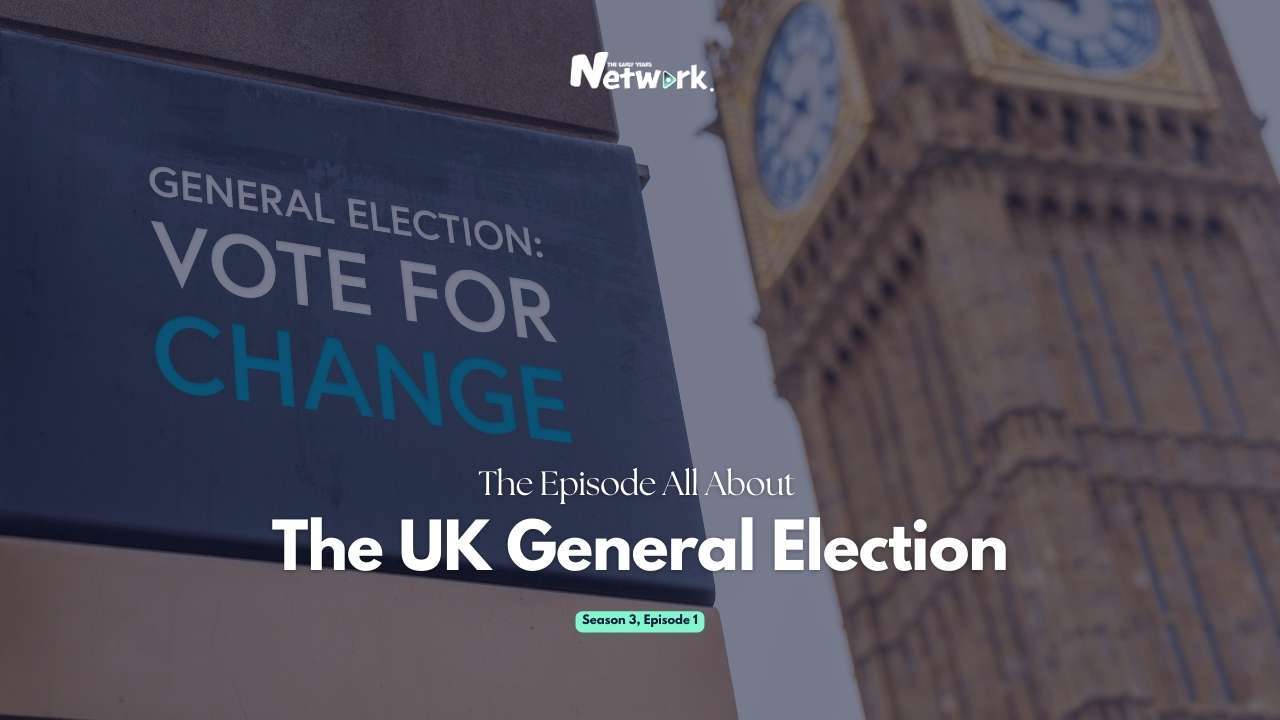


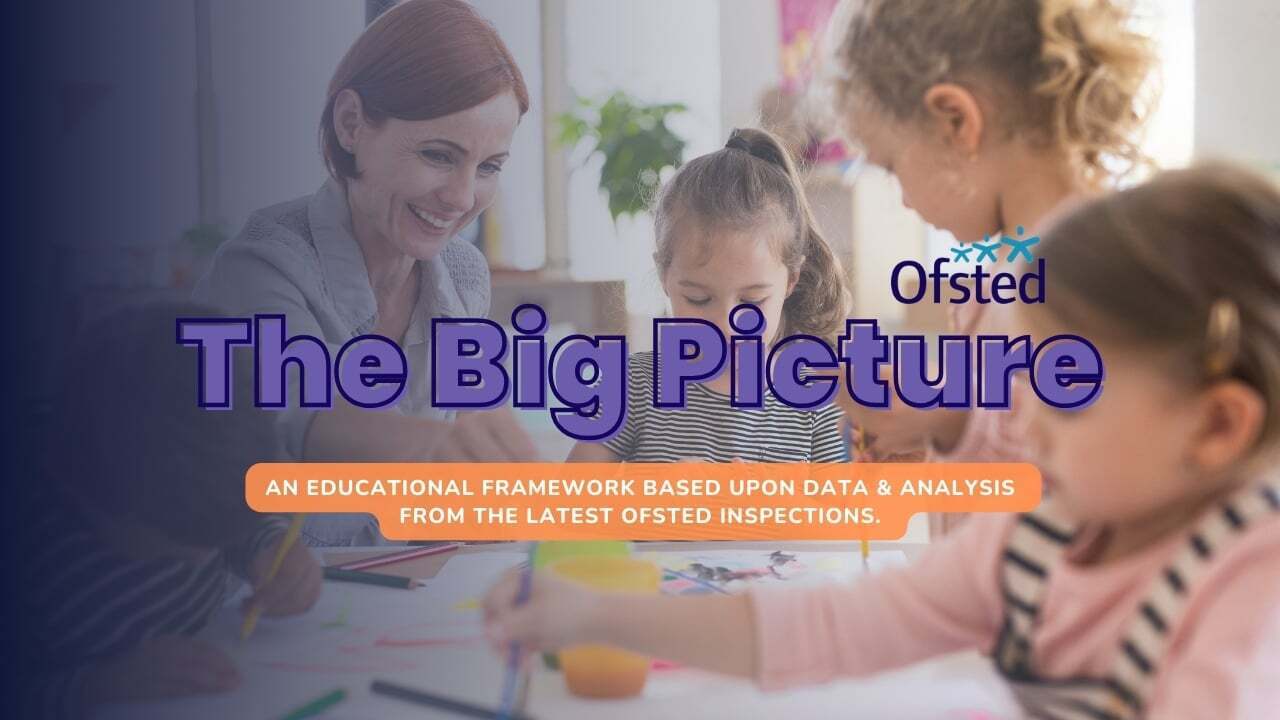

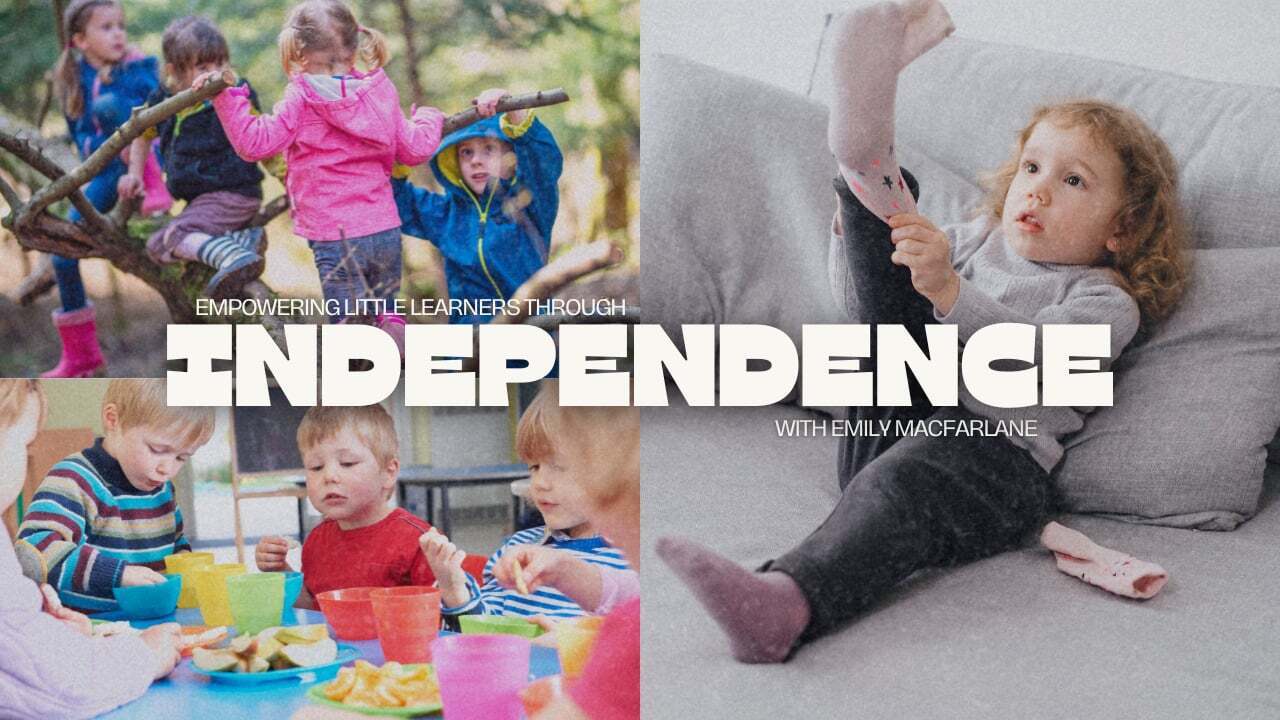
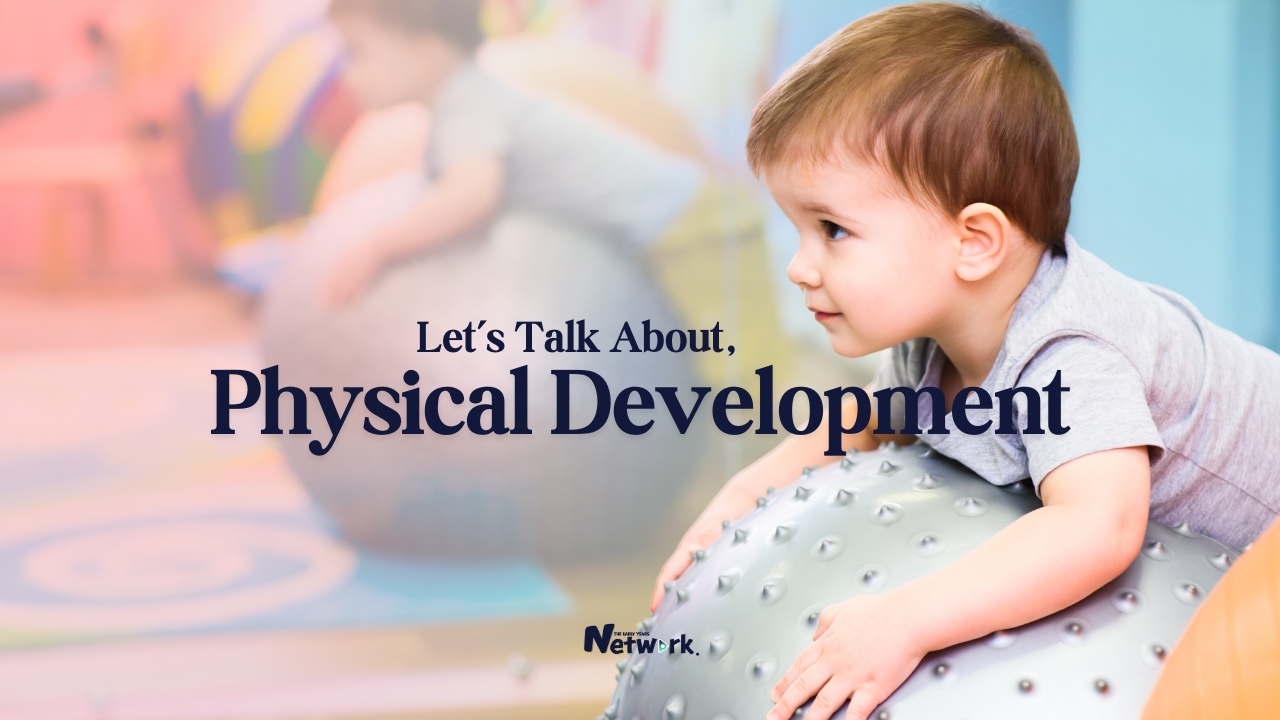


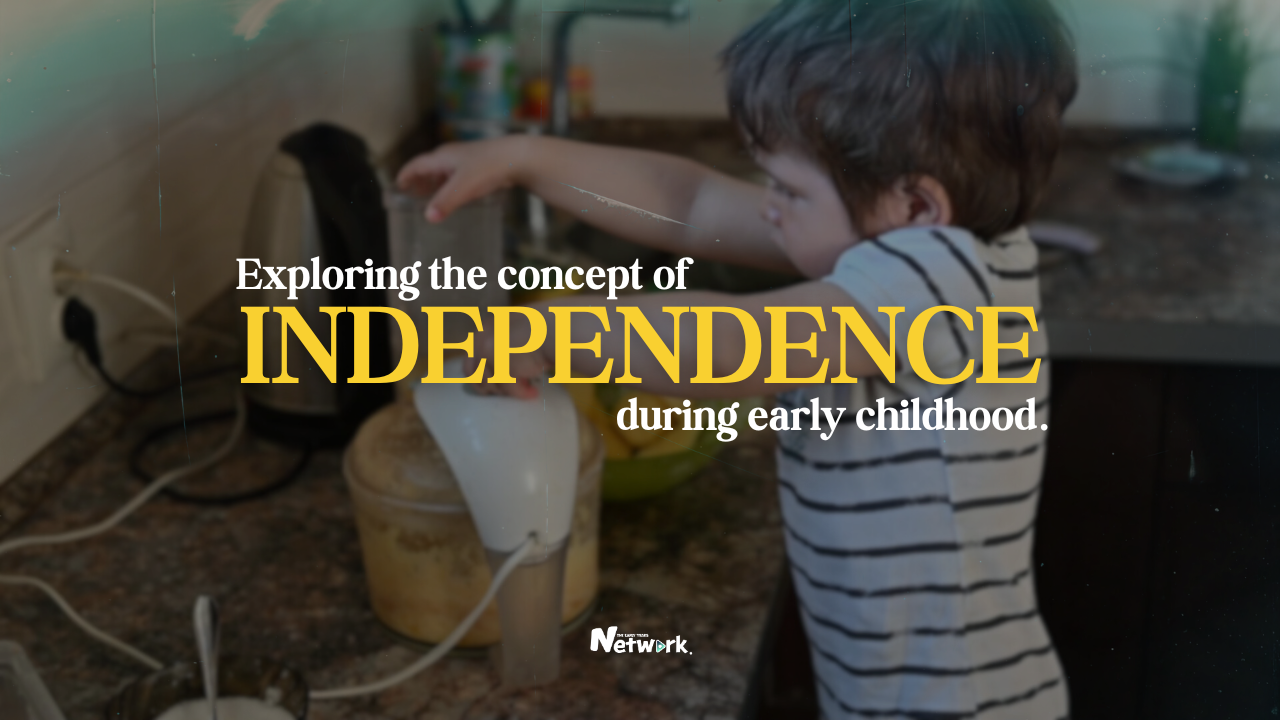
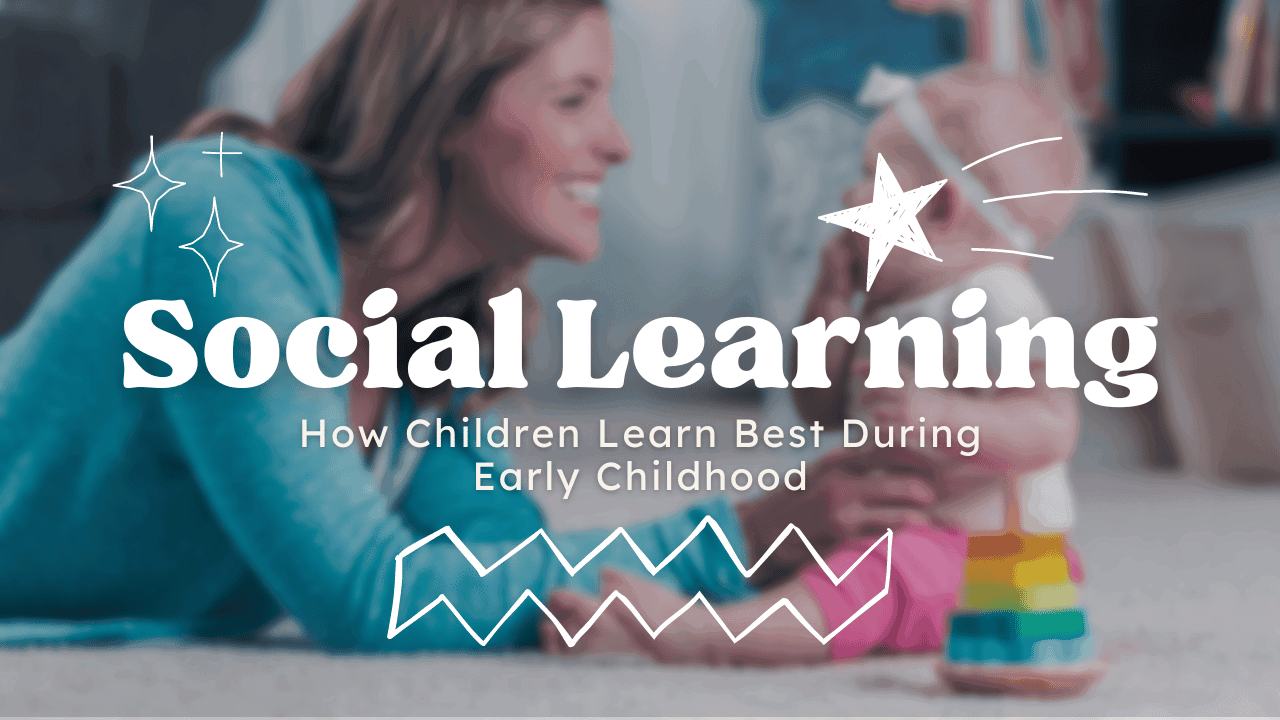


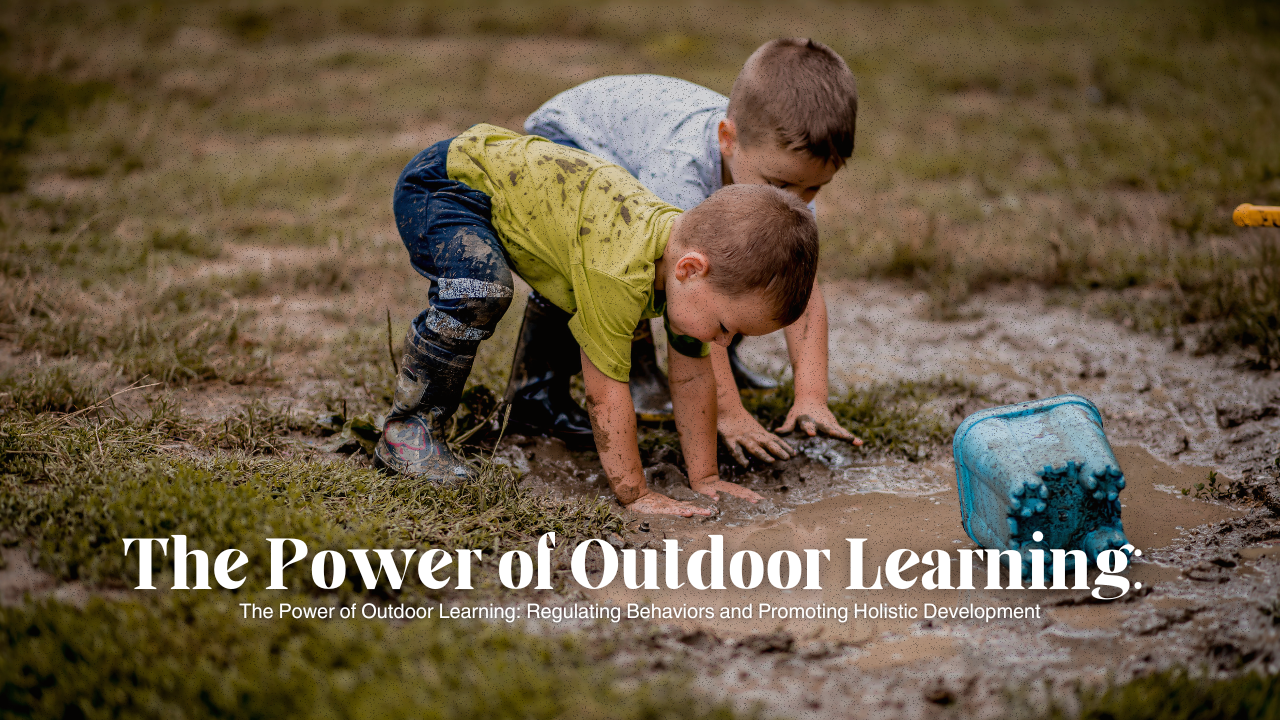
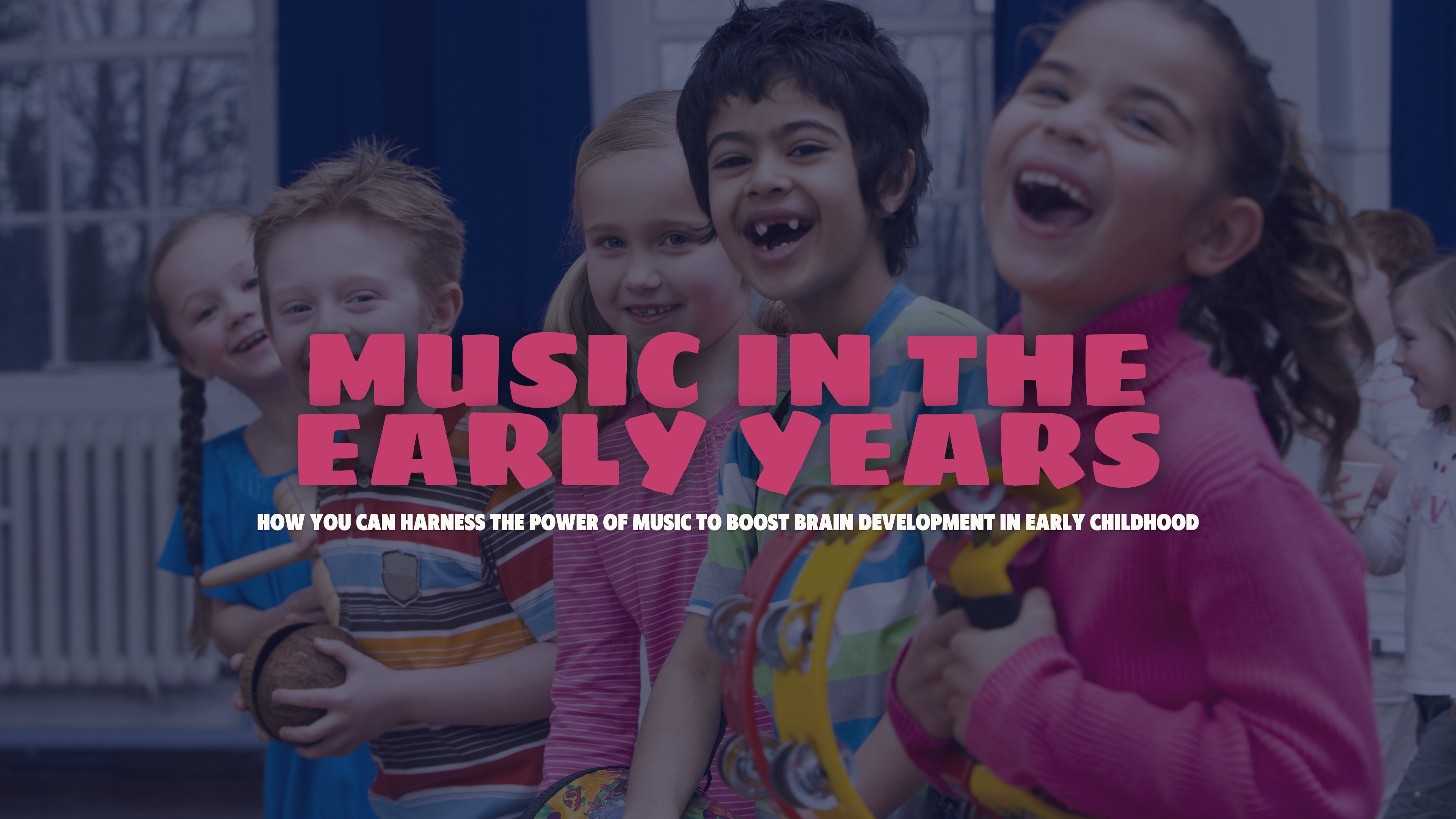
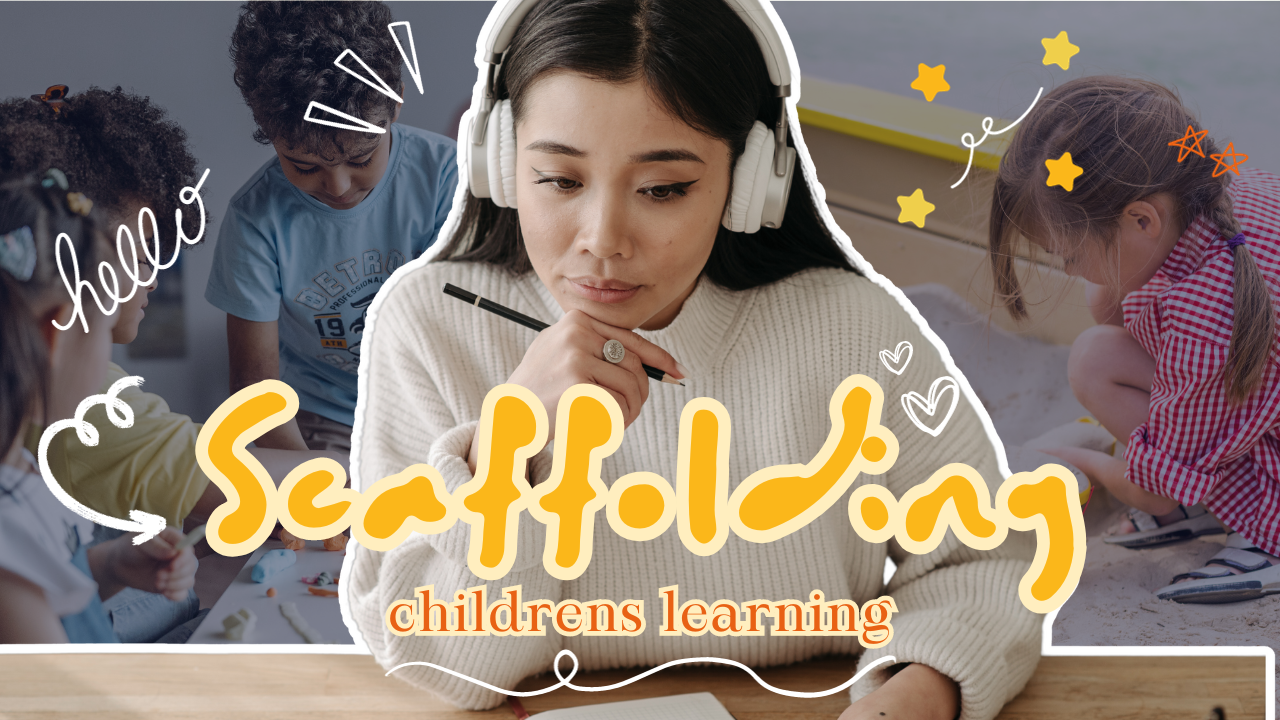
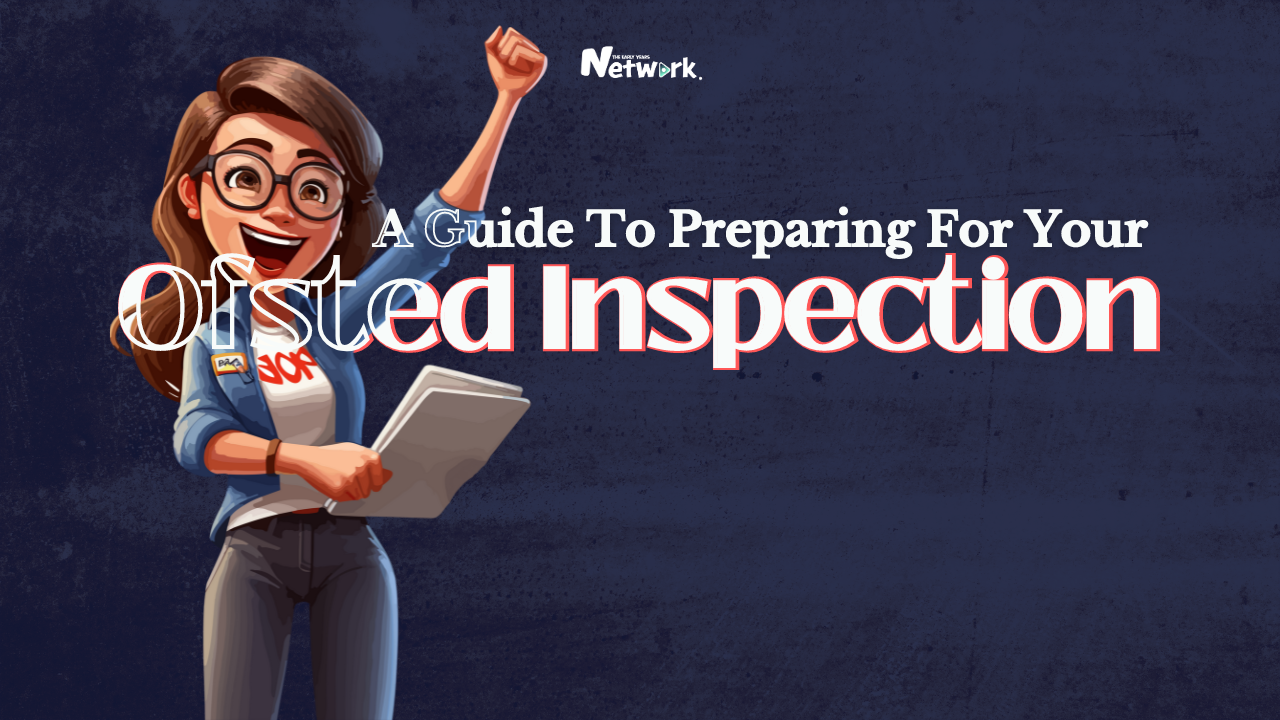
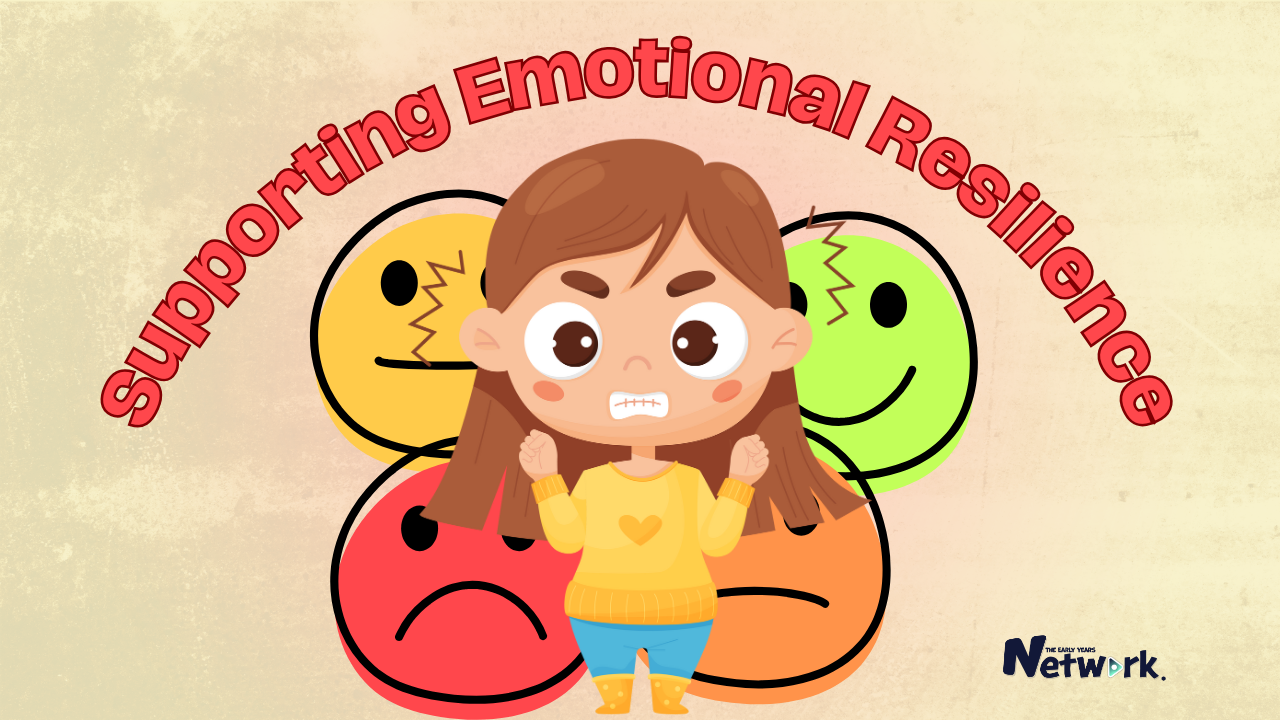
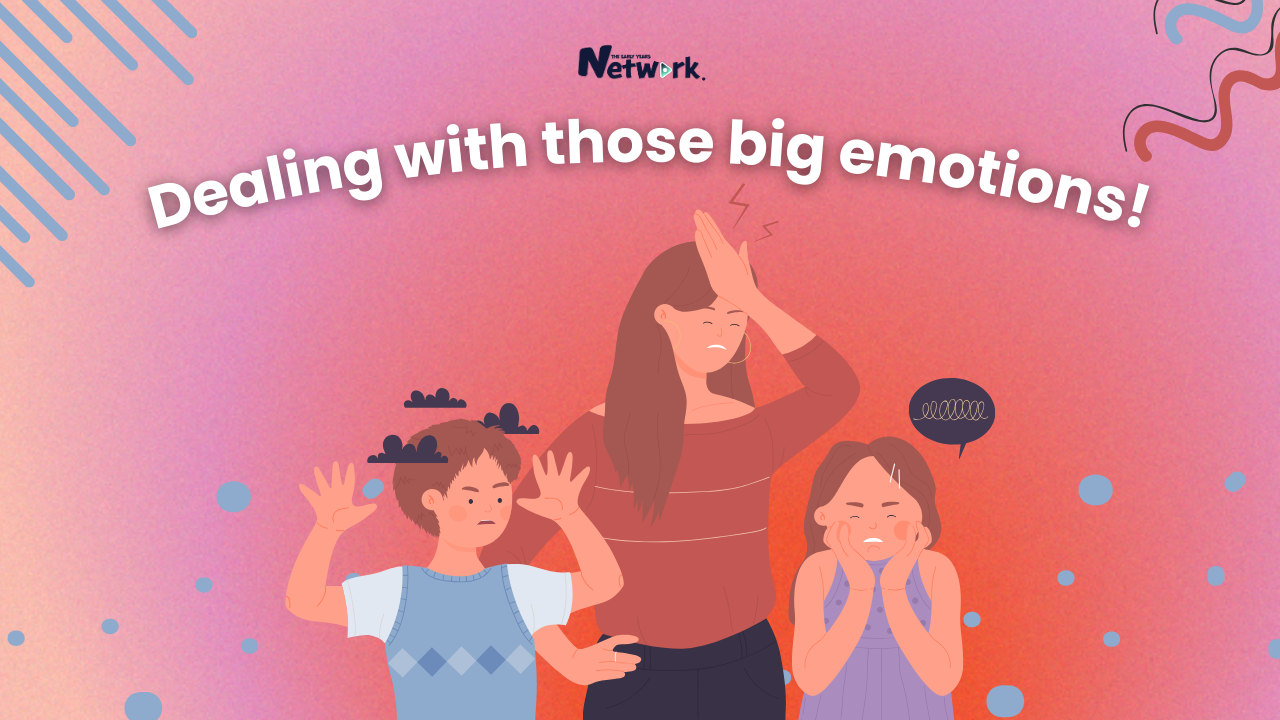

Comments 0
Leave a comment
Only your name will be published. Required fields are marked *